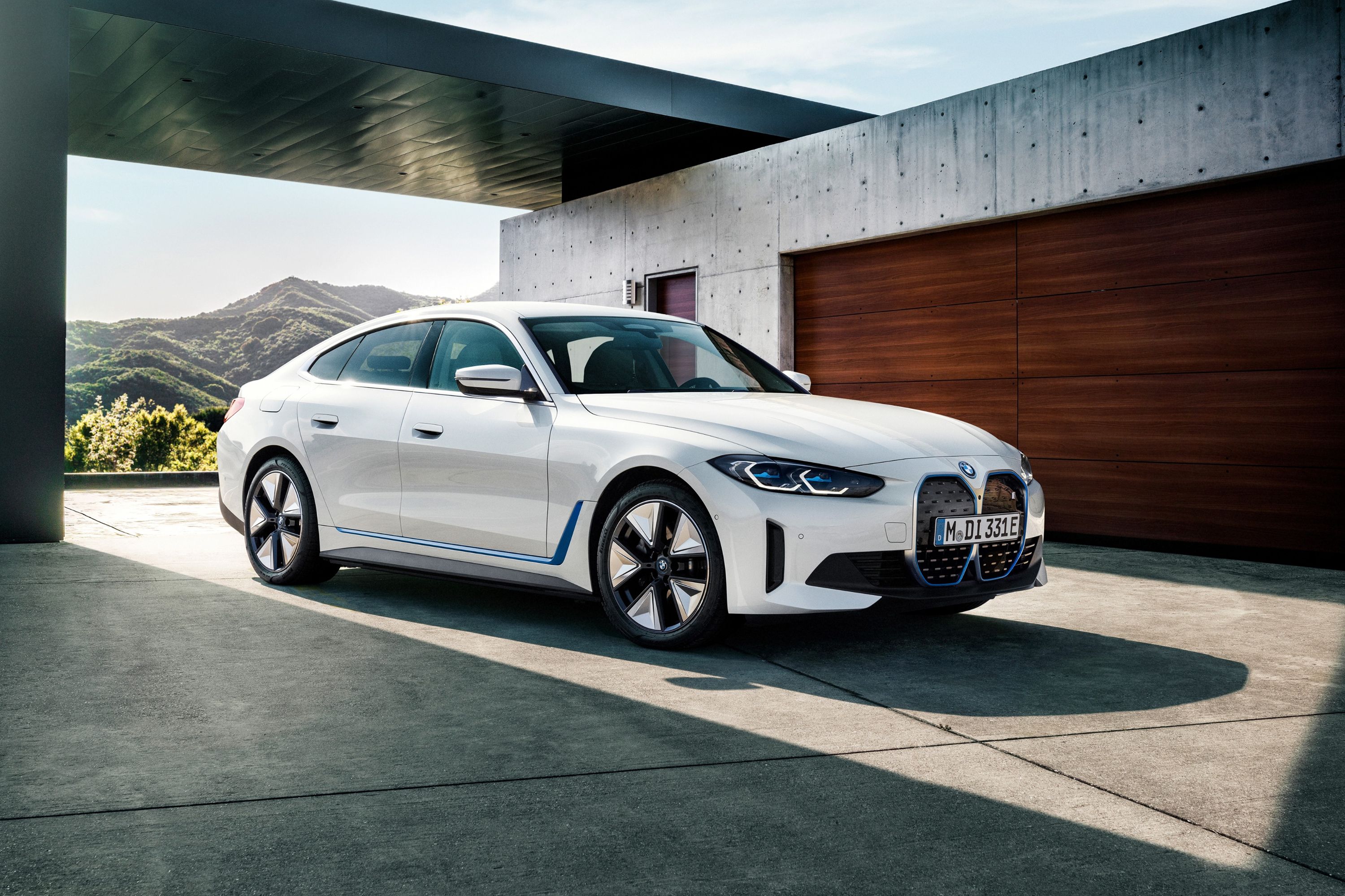
A couple of major technological developments have taken place in the auto industry over just the past few years: all-electric powertrains and autonomous driving systems. Although the process of converting from internal combustion to pure electric and drivers to software will still take a number of years, it has very much started. BMW, which has been a bit slow to the all-electric market, will soon launch the BMW iX3 and BMW i4, both of which are battery-electric. But what about hydrogen fuel cell vehicles? They're also electric vehicles, but unlike battery electrics, they get their power from hydrogen fuel cells instead of battery packs. Turns out BMW is refusing to give up on HFCs.
Speaking to The Telegraph, BMW's VP for hydrogen, Dr. Jurgen Guldner, said that "We see fuel cells helping us to convert all our cars to zero emissions over the next two decades. Fuel cells will add to our spectrum of powertrains for the future. We don't see it as a competition for the battery electric vehicle, but as a further offer to our customers."
Like BMW, Toyota is also investing in fuel cell technology. The Toyota Mirai was the first model from this and more vehicles are expected. Honda also wants to expand its presence in the hydrogen car arena. Back in 2015, BMW and Toyota teamed up to develop fuel cell technology and a small fleet of converted BMW 5 Series GT hatchbacks was one result. Some of the benefits of hydrogen over battery-electric vehicles include better range and faster charging times. However, high production costs and infrastructure issues remain. But BMW sees reduced costs in the coming years to a point where it can make a profit.
"2025 would be the earliest," Guldner clarified. "If you look at the plans that Japan, Korea and others have published, they all suggest a window of opportunity between 2025 and 2030 for equalizing the cost with conventional technology."
But don't think BMW will give up on battery-electrics because it won't. In fact, the automaker views having both technologies at its disposal is beneficial because they can accommodate different types of customers. HFCs are more ideal for those who drive long distances (Guldner thinks 350 miles on a single charge is doable), and BEVs can be for those with shorter daily commutes and/or city dwellers. Remember, there are two types of internal combustion - gasoline and diesel- so why not two types of EVs? In the meantime, BMW is committed to BEVs and will only offer HFCs when the market timing is right.
